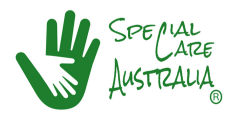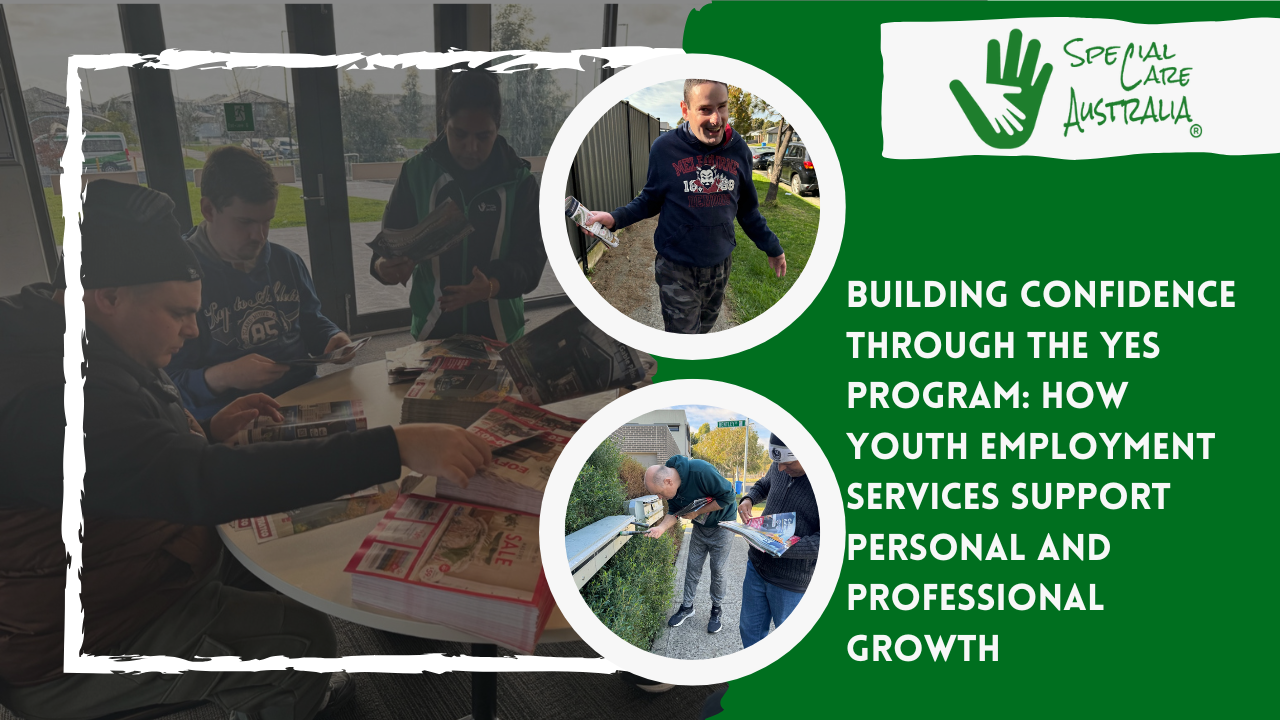Navigate the best support coordination in Australia’s Disability Services requires adept navigation through Support Coordination, ensuring tailored and effective support for every individual’s needs. Australia offers a range of support services for individuals with disabilities, aiming to enhance their quality of life and foster independence. Among these services, support coordination stands as a Crucial resource, guiding individuals through the maze of available options and assisting in accessing the most suitable support. Firstly, seek recommendations from peers or utilize online platforms like NDIS directories for accredited providers. Evaluate their expertise, aligning it with your specific needs. Engage in direct conversations with potential coordinators, assessing their communication style, understanding of NDIS, and commitment to your goals. Consider their track record, testimonials, and customer satisfaction levels. Additionally, inquire about their network of service providers to ensure comprehensive assistance. Ultimately, prioritize compatibility and a collaborative approach for effective support coordination to your individual requirements in navigating the NDIS landscape.
Navigate the best support coordination by Understanding Support Coordination in Australia
Best Support Coordination, pivotal in Australia’s NDIS, helps in navigating disability services. It assists participants in comprehending and implementing their NDIS plans efficiently. Coordinators bridge gaps between providers, offering guidance, and linking individuals with the right services. They empower choice and control by deciphering plan details, advocating for needs, and fostering independence. Through personalized strategies, they optimize plan utilization, ensuring services align with unique goals. By fostering collaboration and empowering individuals, Support Coordination empowers participants to navigate the best support coordination in landscape with confidence and autonomy.
1- Identifying Your Needs
Identifying your needs involves assessing specific requirements, from personal care to therapy services, aligning with your NDIS plan. Understand goals, budgets, and allocated supports to find a support coordinator attuned to your individual needs and objectives. Consider factors like mobility support, social activities, and specialized care when pinpointing your needs. Familiarize yourself with your NDIS plan details to align your requirements. Assessing these specifics helps in choosing a support coordinator who can best address your unique needs and aspirations within the disability services landscape.
2- Understand Your NDIS Plan
Understanding your NDIS plan is pivotal. Dive into its details: goals, budgets, and allocated supports. Grasp the specifics—whether it’s personal care, therapy services, or mobility aids. This comprehension aids in selecting the right support coordinator. Align your needs with the plan’s objectives to ensure coherence. Knowing your plan inside out empowers you to navigate the best support coordination in Australia landscape effectively, maximizing the benefits customized to your unique requirements within Australia’s disability services.
3- Navigate the best support coordination by Research and Recommendations
Research is key when seeking the best support coordination. Explore NDIS websites, forums, and social groups dedicated to disability services. Seek firsthand recommendations from local support networks or friends. Reviews and discussions offer invaluable insights. Use these resources to gather diverse perspectives and experiences. This informed approach aids in identifying potential coordinators who align with your needs and preferences. Research empowers you to make an educated decision, ensuring the best fit for navigating the best support coordination in Australia’s disability services landscape effectively.
4- Online Resources
Explore official NDIS websites, forums, and social media groups dedicated to disability services. They often host discussions and reviews on various support coordination services.
5- Seek Recommendations
Reach out to local disability support groups, friends, or family members for recommendations. Firsthand experiences and referrals can offer valuable insights.
Navigate the best support coordination by Interviewing Potential Support Coordinators
When interviewing support coordinators, inquire about their experience, qualifications, and approach. Ask how they handle diverse needs and align with your NDIS plan. Request references and assess their ability to communicate and understand your specific requirements. A fruitful interview ensures a compatible and effective partnership.
1- Ask Pertinent Questions
During interviews, inquire about their experience, qualifications, approach to support coordination, and familiarity with your specific needs.
2- Request References
Don’t hesitate to ask for references or testimonials from previous clients. Hearing about others’ experiences can guide your decision.
Navigate the best support coordination in Australia by Choosing the Right Fit
Choose a support coordinator who aligns with your communication style and needs. Ensure compatibility and rapport, fostering a supportive relationship. Clear communication and shared goals are essential. Opt for someone who empowers and advocates for you, facilitating a smoother journey within Australia’s disability services.
1- Navigate the best support coordination by Compatibility and Rapport
A supportive relationship with your coordinator is crucial. Assess whether their approach aligns with your communication style and needs.
2- Clear Communication
Ensure the coordinator communicates effectively and transparently. Clarity in discussing services, goals, and progress is fundamental.
3- Ensuring Ongoing Support
Regularly review support coordination for effectiveness. Adapt as needed with changing circumstances. Your coordinator should advocate and empower, ensuring your evolving needs are met within Australia’s disability services. Maintain open communication and collaboration for a sustainable, supportive journey.
4- Regular Reviews
Schedule regular reviews to assess the effectiveness of the support coordination. Adjustments might be necessary as circumstances change.
5- Navigate the best support coordination by Advocacy and Empowerment
A good support coordinator should advocate for your needs and empower you to take charge of your support journey.
Conclusion
Navigate the best support coordination in Australia demands thorough research, understanding individual needs, and establishing a strong rapport with potential coordinators. By following these strategies and tips, individuals can make informed decisions that align with their goals, enhancing their overall support experience. Employing these strategies enables individuals to make informed decisions in line with their aspirations, thus enriching their overall support journey with tailored guidance and assistance. By conducting thorough research and understanding personal requirements, individuals can pinpoint the most suitable support coordinators. Building strong connections and rapport ensures a cohesive partnership that aligns with their goals. This informed decision-making significantly enhances the quality of support received within Australia’s disability services landscape.








